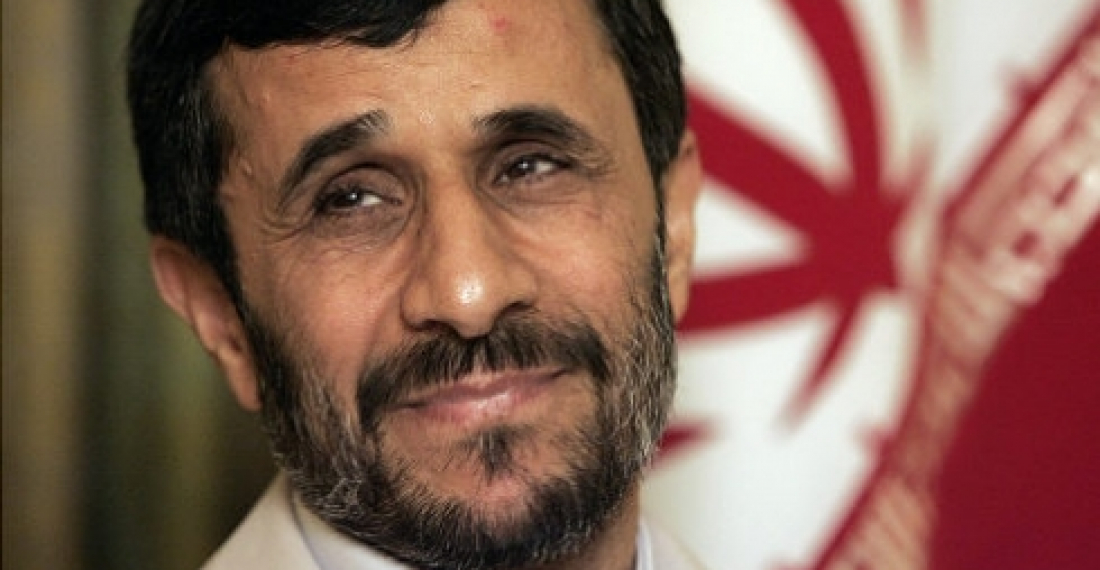President Mahmoud Ahmadinejad has said that improved trade relations between Tehran and Yerevan is in favor of regional security and peace.
Ahmadinejad made the remarks during a meeting with Armenian Foreign Minister Eduard Nalbandian which was held in Tehran late on Saturday, Tehran Times reported.
He commented on the untapped potential of both countries for the enhancement of relations and said trading with neighbors is always the best trade which helps improve security and establish peace in the region.
He regarded bilateral relations as friendly and cordial and said there is no obstacle in the way of developing ties between the two countries in all spheres.
"We can expand the existing relations up to three times bigger," he added.
He pointed to the Collaborative and constructive plans which are on the agenda of the meetings between Iran and Armenia and said the plans can deepen bilateral ties.
He went on to say that Iran wants all countries in the world live together in peace and justice, and whenever a disagreement occurs, it would be resolved through dialogue.
Elsewhere in his remarks Ahmadinejad said technical and financial problems, which stand in the way of implementing the agreements signed between the Islamic Republic and Armenia, should be resolved as soon as possible.
In the meeting, Nalbandian also conveyed the greetings of the Armenian President Serzh Azati Sargsyan to Ahmadinejad and submitted his written message to the Iranian president. During his remarks, Nalbandian said the value of trade between the two countries has been increased by more than 38 percent and reached about 270 million dollars.
He also said that Armenia always appreciates Iran's stance on the Nagorno-Karabakh issue, which has dragged on since ethnic Armenian forces took control of the region during a war in the early 1990s.
The source recalls that Iran had earlier extended an offer to mediate between Armenia and Azerbaijan in the dispute.







